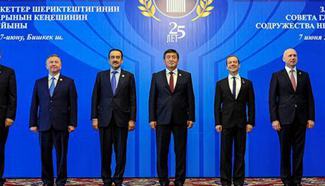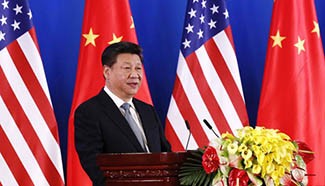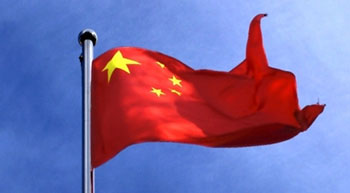BEIJING, June 7 (Xinhua) -- China urged the United States to do more to reduce the barriers impeding bilateral trade and investment, a senior official said Monday.
Investment, together with trade, is a priority for Sino-U.S.cooperation and the two countries should strive to reduce barriers and expand common interests, Zhang Xiangchen, deputy international trade representative with the Ministry of Commerce (MOC), said at a press briefing on the sidelines of the ongoing Eighth Round of China-U.S. Strategic and Economic Dialogues (S&ED).
Chinese investment in acquisitions, new operations and expansions in the United States hit a record 15 billion U.S. dollars in 2015 and is set to double that this year, according to a recent report released by the National Committee on U.S.-China Relations, and the Rhodium Group.
Zhang urged the United States to relax export regulations and create a fair regulatory environment for Chinese companies seeking mergers and acquisitions in the Unites States.
China is concerned with the U.S. Surrogate Country approach in its trade remedy investigations, Zhang said.
In late May, U.S. regulators launched an investigation into complaints by United States Steel Corp. over allegations that Chinese competitors had stolen secrets and fixed prices. The company sought to halt nearly all imports from China's largest steel producers and trading houses.
The protocols for China's accession to the World Trade Organization (WTO) in 2001 dictate that China will automatically switch to market economy status (MES) when the Surrogate Country approach expires in 2016.
The Surrogate Country approach deems that a third country or region's prices can be used to assess if a certain country is exporting below market value or dumping.
The approach applicable to China expires on Dec. 11 this year, according to Article 15 of the accession protocols, removing the legal foundation for treating China as a non-market economy.
Zhang urged the United States to honor the rules outlined in the protocols.
The G20 mechanism is an important platform to promote bilateral and global trade and investment facilitation, Zang said. The cooperation between 25 Chinese provinces and cities and seven U.S. states has boosted bilateral economic ties, according to Zhang.










